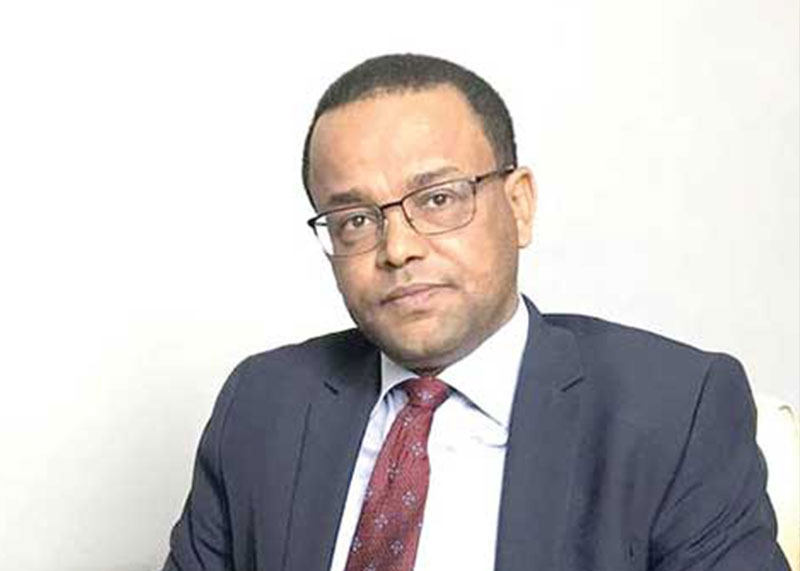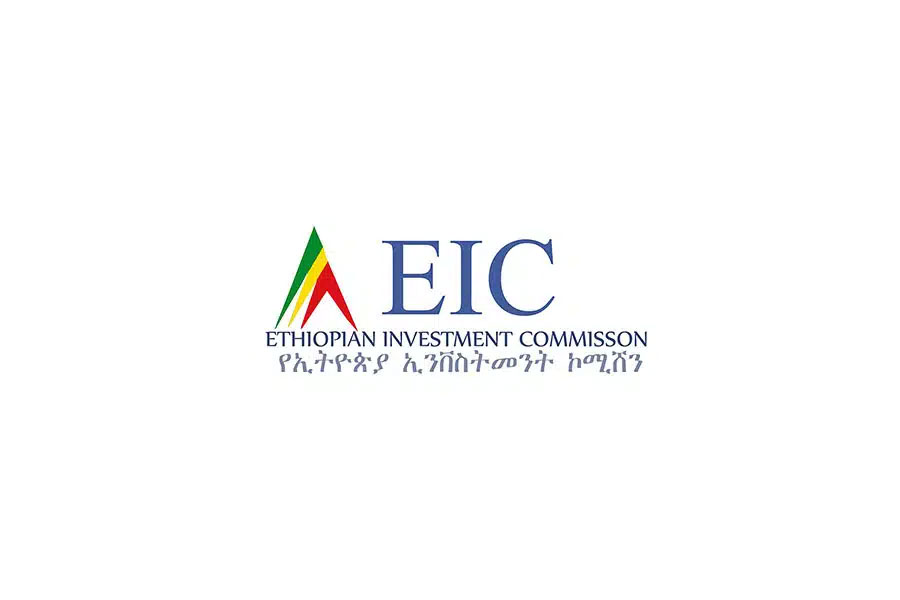
Radar | Jun 12,2021
Tourism Ethiopia drafted a new regulation that will enable the tourism industry to generate and administer its own finances.
The draft regulation, which is expected to be tabled to the Council of Ministers within a month, will establish a Tourism Fund that will mobilize funds from the government, the private sector, and donors.
The bill follows a proclamation that was legislated by the parliament last year. International Finance Corporation (IFC), the government of the Netherlands, the Office of the General Attorney, and the Addis Abeba Hotel Owners Association have participated in the drafting process with Tourism Ethiopia.
The bill, which was tabled for stakeholder discussion two weeks ago, has not yet been sent to the Attorney General’s office for review. It was drafted taking the experiences of South Africa, Singapore, New Zealand and Kenya into consideration.
The industry cannot be transformed with the government's budget only, according to Seleshi Girma, CEO of Tourism Ethiopia, which changed its name last year.
Established seven years ago as the Ethiopian Tourism Organization under the Ministry of Culture & Tourism, the office is a budgetary institution. It now reports directly to the Office of the Prime Minister.
It is tasked with promoting the country’s tourism resources and attractions domestically and abroad by organizing tourism marketing initiatives for the various stakeholders. It is in charge of ensuring that the country’s tourist attractions are identified, properly developed and organized.
It will also set-up, coordinate and direct gateways to the country's tourism attractions, facilities and information centres, which all require finances.
“Due to a shortage of budget, it was not possible to promote Ethiopia internationally," he said, "The fund which is going to be collected will elevate the country’s tourism status.”
For the collection of the Fund, Tourism Ethiopia has forwarded a request to Ethiopian Airlines to promote the Fund to its customers.
“The easiest way to collect resources for the Fund was through Ethiopian Airlines since tourists can afford to contribute a minimum of a dollar when they buy tickets,” Seleshi, said.
However, the proposal was not approved by the airline, according to Seleshi.
"We didn't receive yes or no letter from Ethiopian Airlines," said Seleshi, "we'll have further discussion with the airline and we will know the final decision within weeks."
Yared Mulugeta, a board member of the Ethiopian Tour Operators Association, recommends that Tourism Ethiopia not impose a higher price on tourists, which might discourage them from coming to the country.
"If the fund is collected through a partnership scheme," said Yared, "the Ministry of Revenues should understand that it is not an income of the institution that collected the fund."
Last year the Agency for Research & Conservation of Cultural Heritage (ARCCH) had drafted a proclamation to establish a trust fund for the conservation of heritage sites. The bill is still in the making and is now being discussed with stakeholders.
"Since tourism and heritage are two sides of a coin," said Hailu Zeleke, cultural heritage conservation director at the Agency, "we'll propose the two to be collected together."
Henok Seyume, an expert and travel journalist with 15 years of experience, says that the issue was raised long ago but nothing has been achieved until now.
"If Tourism Ethiopia is able to collect and administer the fund," said Henok, "it would be useful for destination and promotion development."
Tadesse Lencho (PhD), an assistant professor at Addis Abeba University’s School of Law & Governance believes that if any kind of fund is collected from tourists, it should be in the form of a proper tourism tax.
The office should be clear which visitors the fund will be collected from, since many people come to the country for business, education or as members of the Diaspora, according to Tadesse.
“There is no tourism tax, so the government should set the tax in,” Tadesse adds. "Or should either allocate enough budget to the sector."
PUBLISHED ON
Feb 22,2020 [ VOL
20 , NO
1034]

Radar | Jun 12,2021

In-Picture | Jun 08,2025

Fortune News | Apr 30,2021

Radar | Jun 07,2020

Fortune News | Dec 05,2018

Radar | Nov 09,2019

Fortune News | Apr 12,2020

Fortune News | Oct 30,2022

Radar | Jun 21,2025

Fortune News | May 09,2020

Dec 22 , 2024 . By TIZITA SHEWAFERAW
Charged with transforming colossal state-owned enterprises into modern and competitiv...

Aug 18 , 2024 . By AKSAH ITALO
Although predictable Yonas Zerihun's job in the ride-hailing service is not immune to...

Jul 28 , 2024 . By TIZITA SHEWAFERAW
Unhabitual, perhaps too many, Samuel Gebreyohannes, 38, used to occasionally enjoy a couple of beers at breakfast. However, he recently swit...

Jul 13 , 2024 . By AKSAH ITALO
Investors who rely on tractors, trucks, and field vehicles for commuting, transporting commodities, and f...

Oct 25 , 2025
The regulatory machinery is on overdrive. In only two years, no fewer than 35 new pro...

Oct 18 , 2025
The political establishment, notably the ruling party and its top brass, has become p...

Oct 11 , 2025
Ladislas Farago, a roving Associated Press (AP) correspondent, arrived in Ethiopia in...

Oct 4 , 2025
Eyob Tekalegn (PhD) had been in the Governor's chair for only weeks when, on Septembe...